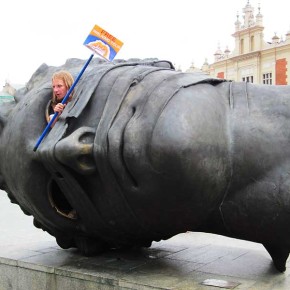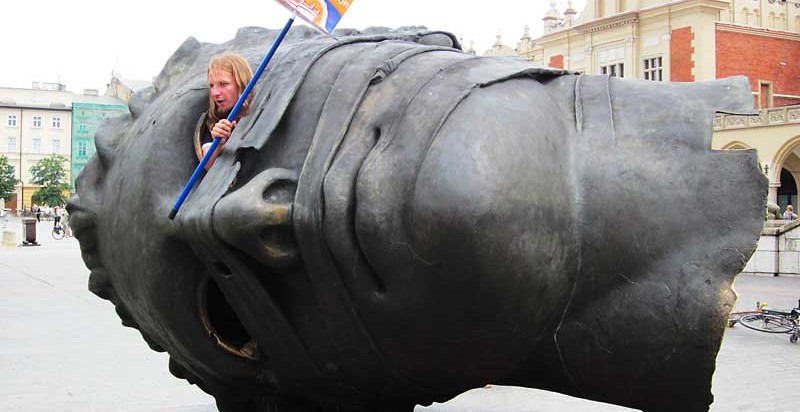European Travel Tips
 There are a lot of things I’ve learned while traveling in Europe that I wish someone would have told me before I started. I’m passing these along to readers to save you some time in the learning curve.
There are a lot of things I’ve learned while traveling in Europe that I wish someone would have told me before I started. I’m passing these along to readers to save you some time in the learning curve.
- Ticket Validation: Every country I’ve been to so far sells tram or train tickets from little vendor machines. The thing I didn’t realize until later is that after purchasing a ticket you need to validate it. Sometimes this is done on the train or bus, but more often it is done near the ticket vendor machine. I had a hard time figuring out when to validate off the tram or on the tram until I realized that you validate near the machine you purchase from, so if the machine is on the tram you validate there, if it is on the platform, validate there. Tip: if you validate as your train or tram is approaching you can get a few more minutes out of time limited tickets.
- Bread at the Table: Unless you order a meal that says it includes bread, you’ll be charged by the slice for bread that is delivered to your table (usually when you drink is delivered or shortly after ordering your food). It is better to decline letting them put the bread on the table than letting it sit and not eating it).
- Breaking the Language Barrier: I’ve seen many tourist get the cold shoulder when they ask someone on the street or a store. People will pretend they don’t speak English or understand. There are two HUGE tips that I found helpful in breaking the language barrier. First, speak slowly. Many or most foreigners speak some English are really terrified to speak it to foreigners. The second tip is how you ask your first question. I’ve found that if I smile and slowly and clearly ask, “Do you speak a LITTLE English?” I’ll get far, far better responses. Most people ask, “Do you speak English?” rather quickly, but I find speaking slowly and asking only for a LITTLE English is the key. Make each word separate and clear. Sometimes I also add in the small gap type finger gesture as a universal sign of “a little.” In this scenario I’m not expecting them to be fluent. Almost always they respond much better with a very hesitant reply, “A little.” I’ll usually speak baby words to them and use gestures. I usually get big smiles from people who are very, very helpful at that point. I think I’m getting a 99% success rate in areas like Poland and Czech Republic where English is less common in the school systems. Often, once I’m speaking slowly and clearly I learn that the person knows a lot of English, but has great difficulty speaking it due to thick accent or bad experiences in the past. If I’m patient, speak slowly, and treat them with kindness, I make very good friends quickly and get a tremendous amount of help in whatever I’m trying to do. I highly recommend taking this approach in areas where English is less common!



